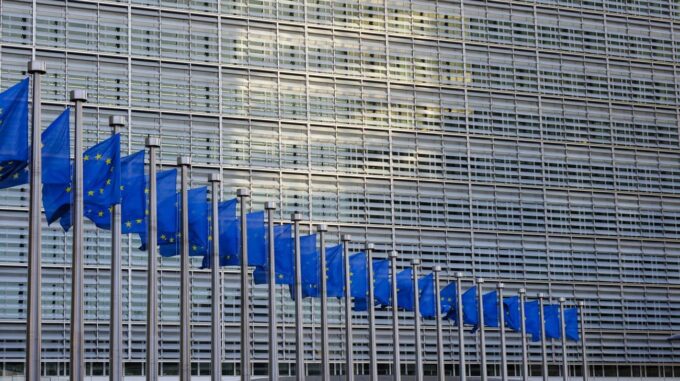The European Union is preparing a transitional period for Ukraine in case the “trade visa-free regime” expires: what to expect after June 5

Brussels — on the eve of an important milestone, which will occur this coming Friday, the European Commission is working on developing measures that could stabilize the trade landscape between Ukraine and the European Union. This is necessary in case the parties do not manage to fully amend the free trade agreement by the end of this week, which currently covers Ukrainian exports to the EU. June 5 is the deadline for the termination of the so-called autonomous trade measures, which have served as a sort of "trade visa-free regime" for Ukrainian producers. On this day, the special regime, which temporarily reduces tariffs and barriers for Ukrainian goods in EU countries, will cease to operate. However, according to official statements, Brussels is already drafting an action plan in case it proves impossible to agree on new terms within the framework of the free trade agreement in time. This information was conveyed firsthand by the spokesperson of the European Commission, Olof Gill, during a briefing for the "European Pravda" delegation in Brussels. According to the official, after June 5, potential transitional measures may be introduced to reduce the risk of reverting to pre-war restrictions, which would complicate the supply of Ukrainian products to the EU market. "As you know, the validity of the autonomous trade regimes expires on June 5. Nonetheless, the European Commission has no intention to extend it, meaning that from next week, a new regulatory framework for trade will be activated," Gill stated. At the same time, he emphasized that a key aspect of this situation remains the process of reviewing and improving the deep and comprehensive free trade area between Ukraine and the EU (DCFTA). "From the very beginning, we aimed to make this mechanism stable and predictable for businesses on both sides, and now we are working to improve it and enshrine it in the updated agreement," Gill explained. The spokesperson highlighted that this transitional stage will not only help stabilize trade relations but will also be an important step for Ukraine's integration into the European space. "This approach will help avoid abrupt changes and ensure informational and legal stability for Ukrainian exporters," he added. At the same time, Gill noted that the Brussels government team is well aware of the time constraints and diplomatic limitations. "If the new arrangements regarding the DCFTA are not concluded and ratified by June 6, we are considering the possibility of applying transitional measures to ensure a smooth transition and prevent a return to previous conditions. We are already discussing this scenario with Ukrainian colleagues," he emphasized. It is worth noting that until June 5, the so-called "autonomous trade measures" regime is in effect, under which Ukrainian exporters enjoy reduced tariffs and simplified procedures. However, if an agreement to renew the deal is not reached, these privileges may be discontinued, which could pose certain difficulties for Ukrainian businesses accessing the European market. Regarding long-term prospects, the EU assures that the main strategy is to formalize the conditions of trade liberalization in a new version of the free trade agreement. This will create more stable and predictable frameworks for Ukrainian producers, including those in the agricultural sector, whose significant influence is particularly felt during negotiations. For a more in-depth analysis of this situation, we recommend reading the comprehensive article by "European Pravda" editor Yuriy Panchenko titled "A New Era of Trade with the EU: What Will Replace 'Autonomous Preferences'". It provides a detailed description of the key aspects of the upcoming transformation of trade relations between Ukraine and the European Union in the context of potential and challenges of reforming their partnership.

